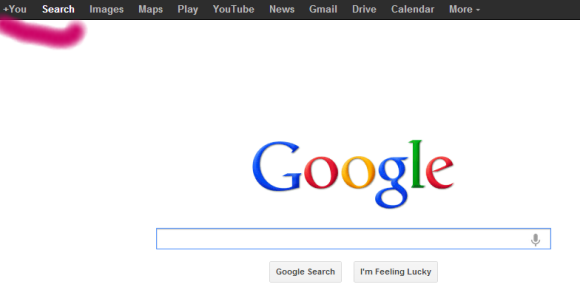Fortune has an interview with Larry Page, Google’s CEO. There are many questions about Apple, competition, managing the company, but some of the most interesting answers revolve around the word “understand”.
“If we’re going to do a good job meeting your information needs, we actually need to understand things and we need to understand things pretty deeply,” says Larry Page. That’s why Google has a single privacy policy for most of its services, that’s why Google Search uses SSL when you’re logged in, that’s why Google experiments with combining data from multiple services, that’s why Google+ was built and that’s why Google values data so much. To understand things deeply.
“What you should want us to do is to really build amazing products and to really do that with a long-term focus. Just like I mentioned we have to understand apps and we have to understand things you could buy, and we have to understand airline tickets. We have to understand anything you might search for,” continues Larry. There’s a long list of things Google needs to understand, but your preferences help Google return better results and even anticipate your searches.
“I think in order to make our products really work well, we need to have a good way of sharing. We had 18 different ways of sharing stuff before we did Plus. Now we have one way that works well, and we’re improving.” If there’s an easy way to share things online, this helps Google understand your preferences.
“We see the opportunity to build amazing products that are more than any of those parts. So one of my favorite examples I like to give is if you’re vacation planning. It would be really nice to have a system that could basically vacation plan for you. It would know your preferences, it would know the weather, it would know the prices of airline tickets, the hotel prices, understand logistics, combine all those things into one experience. And that’s kind of how we think about search,” concludes Larry.
The search engine that returned the same results for all users is now a thing of the past. This worked for simple questions, for navigational queries, but it doesn’t work for complex questions, for vague queries, for recommendations. Instead of showing the same results for [italian restaurant], Google can personalize them based on your location, your favorite food, your reviews and the reviews written by your friends, your Latitude check-ins.
The new Google tries to understand you and that’s the secret behind Google+. Obviously, it’s still about search, but it’s a deeply personalized search. Google also goes beyond keywords and tries to understand concepts and the relation between them. The Knowledge Graph and the Social Graph define the new Google.
